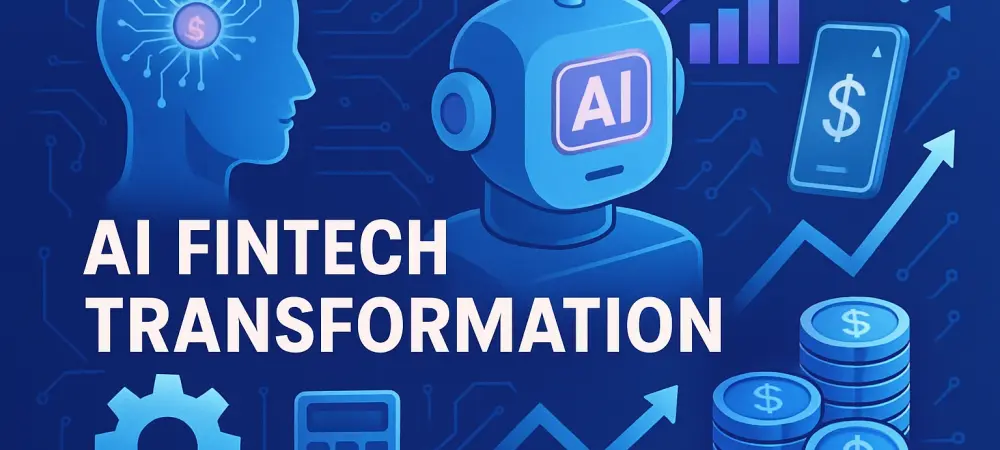In an ever-evolving financial landscape, Artificial Intelligence (AI) is heralding a transformative wave across fintech. The burgeoning partnership between AI and financial services is leading to breakthroughs once considered implausible. From seamless transaction processes to fortifying regulatory compliance, AI innovations are setting a new standard in fintech operations. This article delves into AI’s ascension in the fintech arena, examining current adoption trends, real-world applications, and insights from industry experts, while also casting an eye toward future developments and implications.
The Rise of AI in Fintech
Growth Trends and Adoption
The integration of AI into fintech is accelerating, evidenced by remarkable growth statistics and adoption rates. AI-powered solutions are being rapidly embraced, as financial institutions strive to keep pace with the increasing demand for efficient, personalized services. Recent investments in companies like Yaspa, Zango, Monit, and CryptoSwift demonstrate AI’s growing adoption. Market analysis from leading research firms underscores substantial AI penetration, with projections indicating exponential growth over the next several years. This momentum is fueled by AI’s ability to enhance decision-making processes and mitigate risk.
Real-World Applications
Concrete applications of AI in fintech reveal its transformative power across varied domains. For instance, London-based Yaspa is pioneering real-time payment solutions utilizing AI technologies to address specific challenges in the gambling sector. Meanwhile, Zango’s AI-regulatory compliance tools are reshaping compliance processes for banking and beyond. Monit’s expense management platform powered by AI is enhancing operational efficiency in Southeast Asian markets. Furthermore, CryptoSwift is leveraging AI to deliver compliance solutions in rapidly evolving cryptocurrency environments. These examples highlight AI’s capacity to revolutionize fintech operations and redefine financial service delivery.
Expert Insights and Industry Perspectives
Renowned industry experts recognize AI’s strategic importance in fintech innovation. Leaders emphasize AI’s role in empowering companies to deliver unprecedented value while navigating regulatory landscapes. Challenges persist, notably around data security, ethical AI use, and balancing automation with human oversight. Despite these challenges, the overwhelming consensus remains that AI-driven solutions are pivotal in meeting consumers’ growing expectations for secure, customizable experiences. Experts are optimistic about AI’s potential to elevate operational capabilities, noting its critical role in driving industry advancements and enhancing overall competitiveness.
Future Outlook and Implications
Looking ahead, AI-powered fintech solutions are poised for substantial development. Anticipated progress includes increasingly sophisticated AI algorithms refining fraud detection, personalized financial advising, and predictive analytics. However, challenges such as data privacy, regulatory hurdles, and technological integration must be navigated carefully. The broad implications of AI advancements extend well beyond fintech, potentially influencing diverse industries such as healthcare and retail. As AI technologies mature, they present both opportunities and risks that will necessitate ongoing ingenuity and adaptive strategies to fully realize their potential.
Conclusion
As AI continues to reshape the fintech horizon, its adoption reflects a paradigm shift in financial services. The key takeaways underscore AI’s instrumental role in enhancing operational efficiency and expanding market reach. Each investment in projects leveraging AI attests to mounting confidence in the technology’s promise. Moving forward, stakeholders are encouraged to harness AI’s capabilities responsibly, addressing critical issues like security and ethics to ensure a prosperous, inclusive financial future.

